Ammon Bundy is a fugitive, hiding in plain sight: ‘I really don’t want to have to make a stand’
Ammon Bundy went up against the US government twice and was never held accountable — and now he’s moved states to avoid an arrest warrant. Richard Hall meets him on the run in Cedar City, Utah
As I arrive to meet Ammon Bundy, the notorious ringleader of two armed stand-offs against the US government, at an agreed-upon location in Cedar City, Utah, he is nowhere to be seen.
A few minutes later, a truck parked 100 feet up the road turns on its engine and drives towards me. He steps out wearing his signature cowboy hat.
Bundy, it appears, was sniffing out a trap.
There’s a reason for his caution. He is currently a fugitive, wanted by police in Idaho for skipping trial on contempt of court charges relating to a defamation case brought by a hospital that ended with a $53 million judgment against him and others involved.
The 49-year-old fled Idaho and a warrant was issued for his arrest. No one knew where he was for a while, but he emerged here in southern Utah, close to the Nevada border where his ancestors first settled in the 1800s.
Bundy’s ability to avoid accountability for his various crusades has confounded his critics for years. Some suspect sympathy among politicians and law enforcement has afforded him a measure of protection, although this latest battle may test that support.
“People always want to know whether I’m going to cause another standoff or something like that,” he tells The Independent. “I just can’t bring myself to do that, you know?” he adds, explaining that he only resorts to those extreme measures on behalf of others.
Bundy insists he fled his arrest warrant in Idaho because he wants peace. But he also hints that he might not go quietly if the law keeps coming for him.
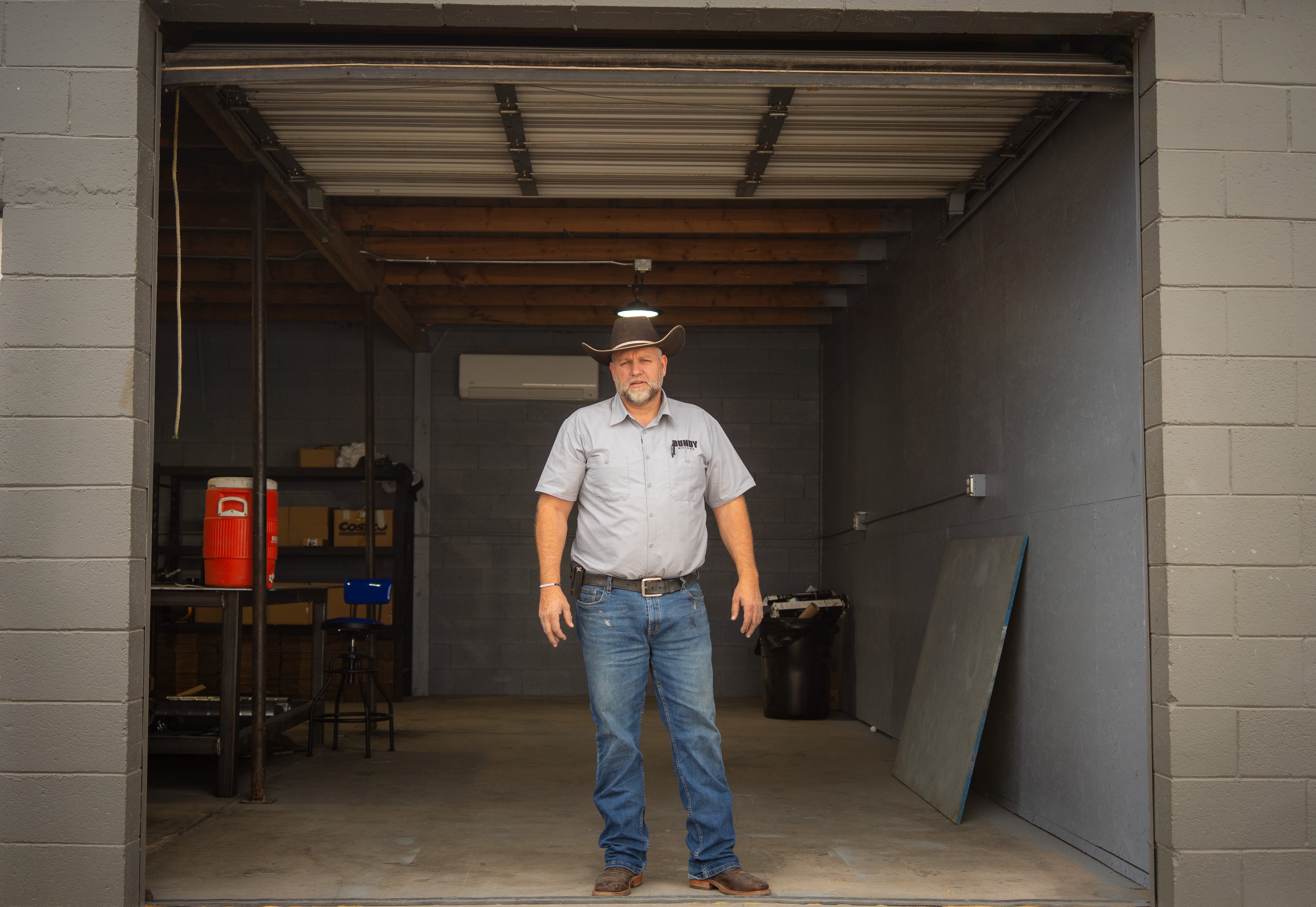
The warrant for Bundy’s arrest was issued nearly a year ago, but authorities in Utah and Idaho have shown little sign of executing it.
Gary Raney, the former sheriff of Ada County, where the arrest warrant was issued, believes the chaos of the Bundy standoffs may make anyone with the power to arrest him reluctant to use it.
“Even when he was sort of holed up at his place here outside of Boise, I encouraged the sheriff: don’t do anything, take your time, don’t go create a situation where he can put on a show and have his supporters come defend him, or fundraise for him,” he tells The Independent. “That’s probably what’s happening there in Utah. They probably don’t want to create a situation that could be deadly.”
Bundy, a father of six children, lives a very different life now to the one he left behind. When he went on the lam, he abandoned a truck repair business and what he describes as a “beautiful” house with five acres of land and hundreds of fruit trees. Here in Utah, he has started again with a small business selling truck parts.
“I really don’t want to have to stop and make a stand”
He insists that fleeing Idaho was an attempt to draw a line under the matter.
“I left to try to get peace,” he says. “I displaced my entire family to another state, I left all my commercial properties, my community, our church, our house.”
“As long as Utah doesn’t want to make a political statement, and as long as the Feds don’t want to make a political statement, then I’m pretty good to be here,” he says.
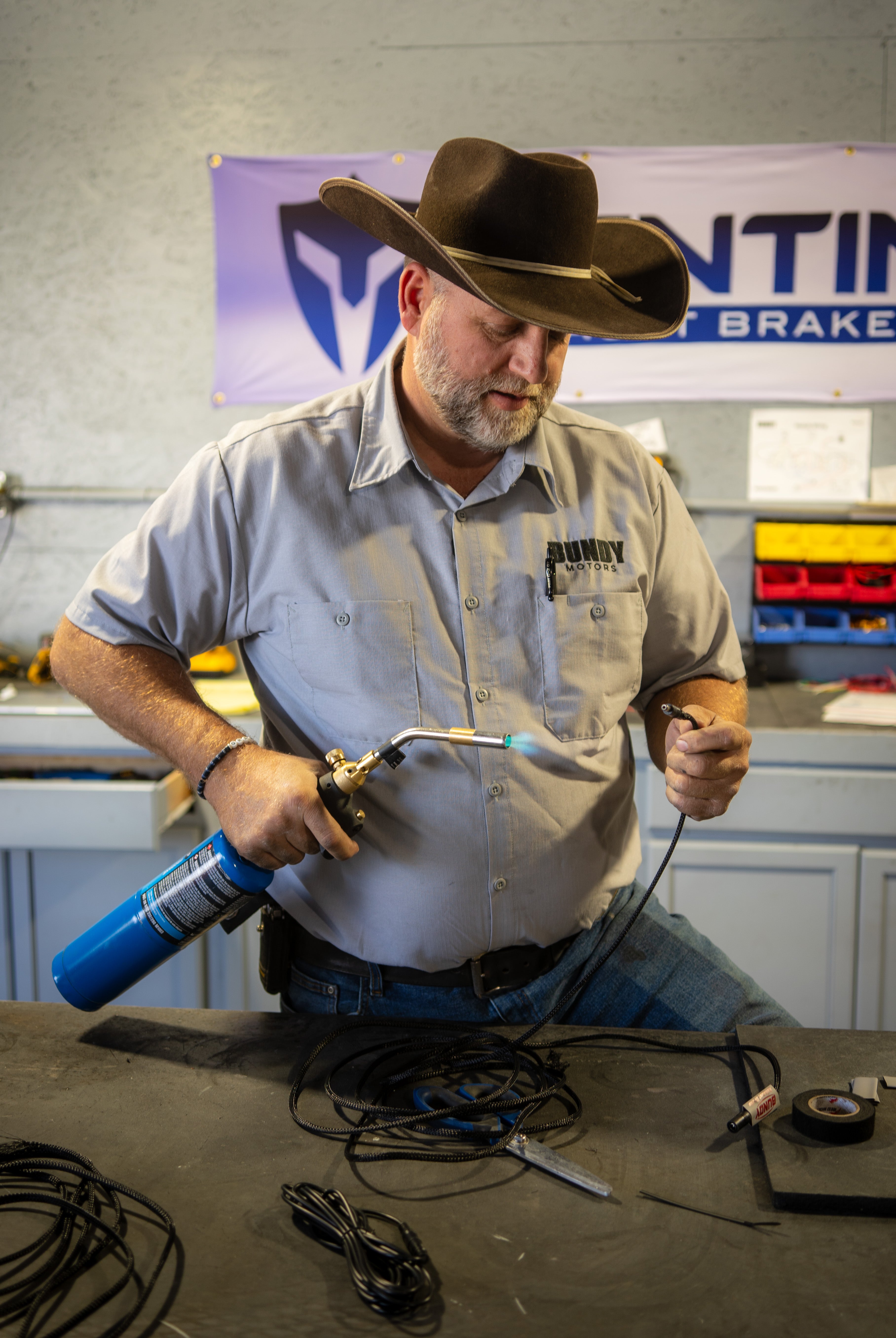
Bundy’s belief that he can avoid the consequences of his actions is based on years of doing just that. Very few people can claim to have rallied an armed mob against the US government — twice — and lived to tell the tale, let alone without a conviction.
His first major run-in with the government, in 2014, was sparked by a years-long dispute with the Bureau of Land Management. The government agency said that Ammon’s father, Nevada rancher Cliven Bundy, had illegally grazed his cattle on public land for some 20 years. When Cliven Bundy refused to pay the $1 million in unpaid grazing fees, the bureau moved in to requisition his cattle.
The elder Bundy summoned hundreds of men, women and militia members to his cause. Armed to the teeth, and promising to use those arms if needed, they forced the government to back down.
Ammon played a key role in that standoff and has often told the story about how he was tasered three times in one confrontation, each time pulling out the barbs from his chest.
“They started killing cattle, shooting them from helicopters, burying them in mass graves, siccing dogs on people, throwing people to the ground, tasing people,” he says. “You know, all those things were going on and they were filmed and people were just like, this is not okay that our government’s acting this way.”
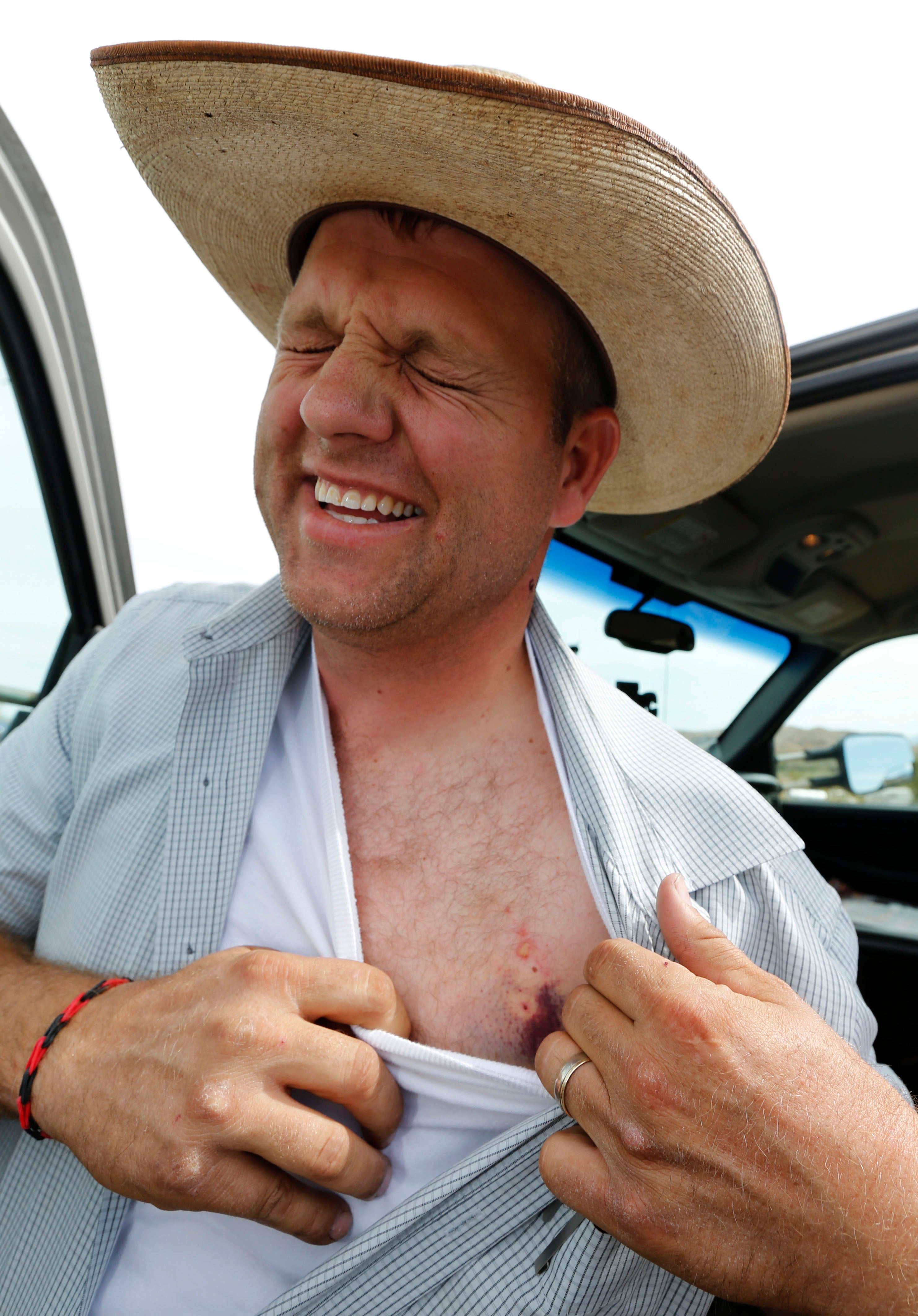
Ten years later, Bundy’s cattle still graze the disputed land near the family ranch in southern Nevada.
Bundy’s infamy only grew when he joined another armed standoff less than two years later, again in a dispute over control of federal land. He and hundreds of militants from across the West occupied the Malheur National Wildlife Refuge, about 30 miles south of Burns, Oregon, demanding that the land be handed over to local ranchers.
The standoff ended when one of the occupiers was shot dead by police after a car chase. Bundy was arrested, along with 10 of his fellow occupiers.
Authorities tried to throw the book at Bundy. He faced a host of charges for his role not just in the most recent standoff, but for the battle at his family ranch in Nevada two years earlier.
Bundy was jailed for two years while awaiting trial in the two cases, but miraculously escaped conviction on both. In Oregon, Ammon and his brother Ryan were acquitted by a jury of all charges. In Nevada, the case was thrown out because prosecutors withheld evidence from the defense.
Bundy says that time in jail, with more than a year spent in solitary confinement, cemented his antigovernment views even further. His business collapsed and he felt angry at losing two years of his children’s lives.
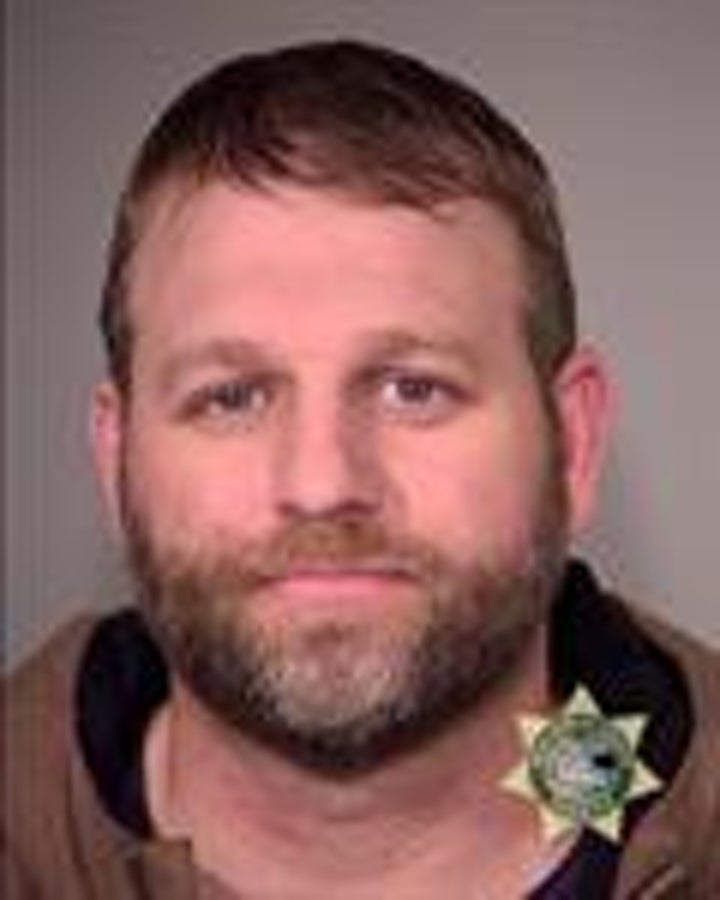
Bundy’s political journey in recent years doesn’t entirely fit the mold of the right-wing extremists he is often associated with. He expressed support for Black Lives Matter protesters and criticized Donald Trump’s anti-immigrant rhetoric . He wasn’t drawn to the Capitol on January 6, unlike many other antigovernment figureheads, because, as Bundy says, “I don’t believe that the correction is going to be found in Washington, DC.”
Following the standoffs, Bundy set out to formalize his influence by building an online coalition called The People’s Rights Network, which attracted a host of right-wing militia groups to its cause during the pandemic.
Seizing on Covid anxiety, Bundy and his associates “cultivated a dangerous new network of militia members, anti-maskers, conspiracists, preppers, anti-vaxxers, and others,” according to a report by the Institute for Research & Education on Human Rights and the Montana Human Rights Network.
The group, described in that report as “Ammon’s army,” led a series of protests against Covid measures, including one in which heavily armed militia members stormed the Michigan legislative chambers and hanged an effigy of the governor.
Bundy warned that if Idahoans complied with mask measures in the state, “then they will go further until we are lined up naked facing a mass grave being shot in the back of the head.”
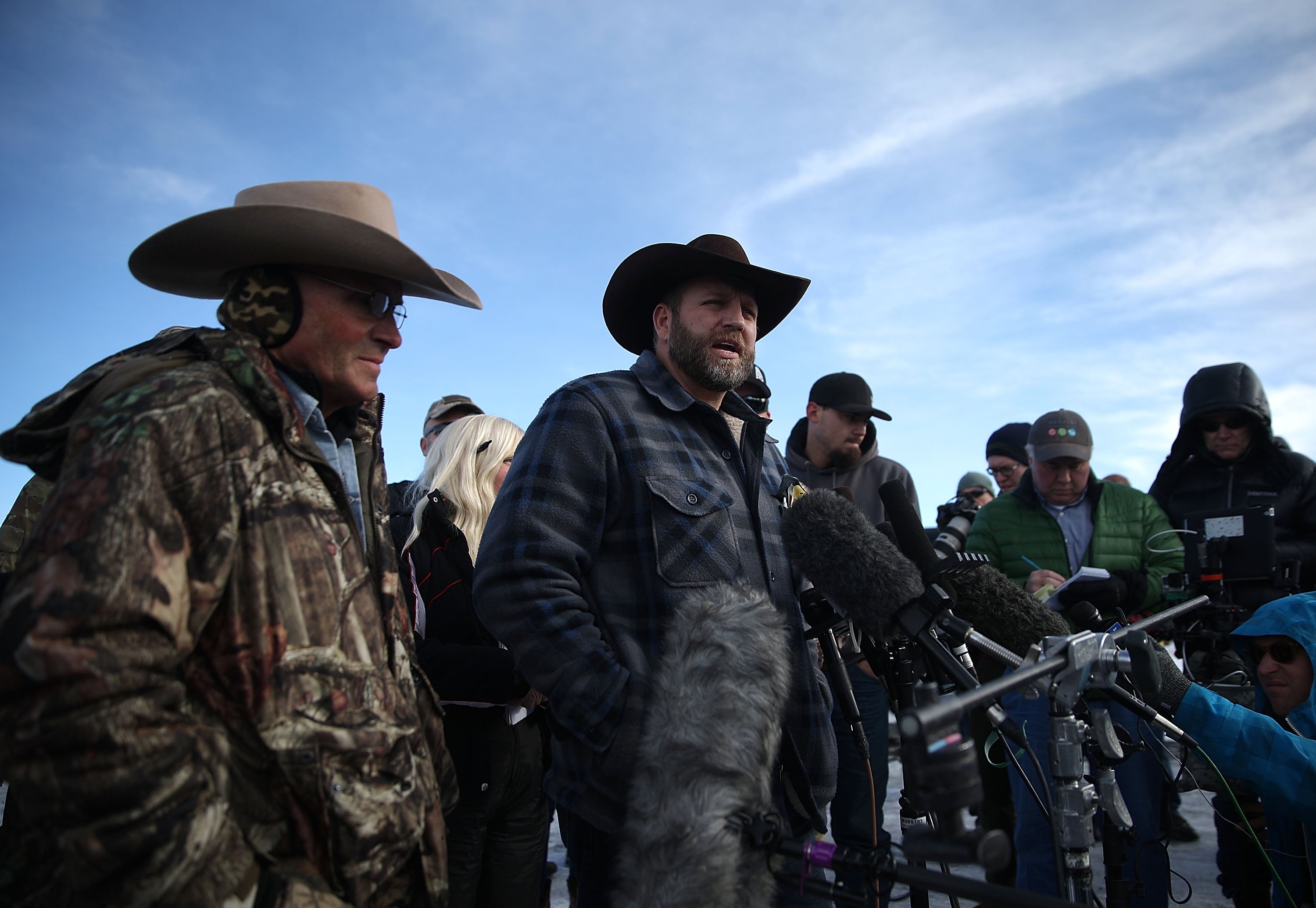
Bundy and its members saw in those Covid protections an unholy conspiracy between the medical establishment and the government to suppress people’s rights, which led directly to the hospital showdown.
In 2022, arguably at the height of his influence, Bundy was running to become governor of Idaho. In the midst of his campaign, the sick grandchild of one of his friends was taken into protective custody. Bundy led a group of armed supporters in rowdy protests against the hospital where it happened.
The 10-month-old baby was suffering from severe malnutrition — the result of an unexplained illness. When his parents missed an appointment with doctors, police intervened to take the child on behalf of Child Protective Services.
Bundy saw the intervention as a breach of the parents’ rights — another sign of the government overreach he had been fighting for years — and perhaps a chance to put himself in the spotlight again.
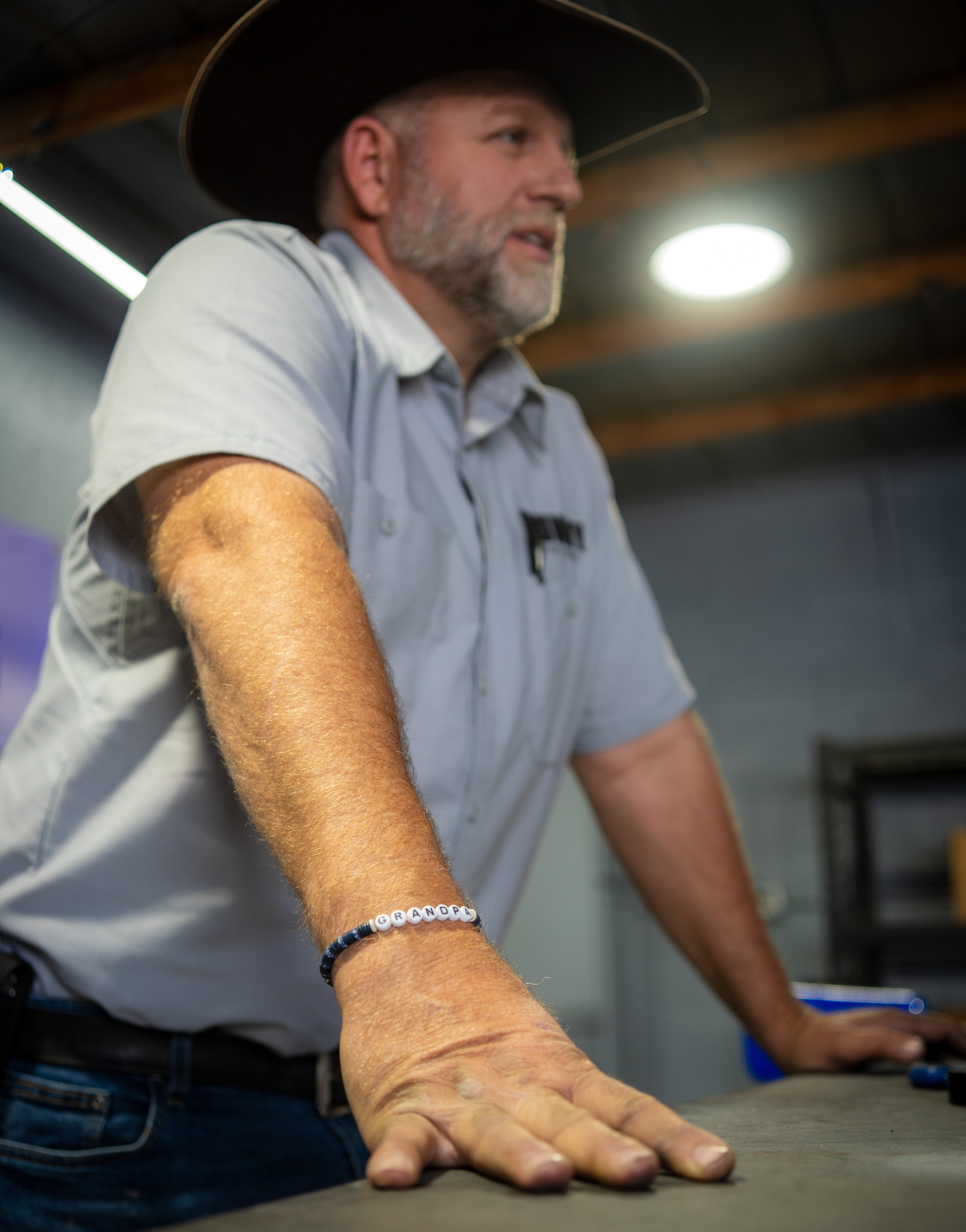
“If you don’t have a right to decide how you’re going to raise your children, the medical care your children are going to receive, the schools that your children are going to go to… then you’ve lost one of the important fundamental rights, and that is what this is about,” he tells The Independent at his workshop in Cedar City.
Bundy mobilized those members to join a campaign of harassment against hospital staff over several days, ostensibly in an effort to get the baby released to its parents.
Hundreds of them gathered outside the hospital threatening to storm the building. Doctors, nurses and local police received death threats, and the hospital was forced to close for hours until the crowd dispersed.
So it was not just a political gambit, it was a financial venture for him.
Erik Stidham, the lawyer who represented St Luke’s Hospital at Bundy’s trial, explains to The Independent that “this infant was suffering from severe dehydration and at the trial a number of medical professionals testified that the baby at that point in time was at risk of death, absent immediate intervention.”
Bundy made money off the protests. “At that point in time, he was what we described to the jury as a ‘conflict entrepreneur’,” says Stidham. “He was amassing really significant political influence for himself through the People’s Rights Network, and he was getting donations flowing to him personally through the members. So it was not just a political gambit, it was a financial venture for him.”
The messaging from Bundy’s protests included claims of “medical kidnapping” and even accusations of pedophilia against the authorities involved. St Luke’s Hospital was flooded with calls threatening sexual violence and death. One doctor was harassed so mercilessly that she ended up leaving the country.
“These are tough people, and they were harassed to an extent that the jury felt like they should be entitled to an award of millions of dollars for distress,” Stidham says.
Bundy didn’t attend the trial. And when it came time for the authorities to start collecting the $53m judgment against him and his associates, he fled the state.
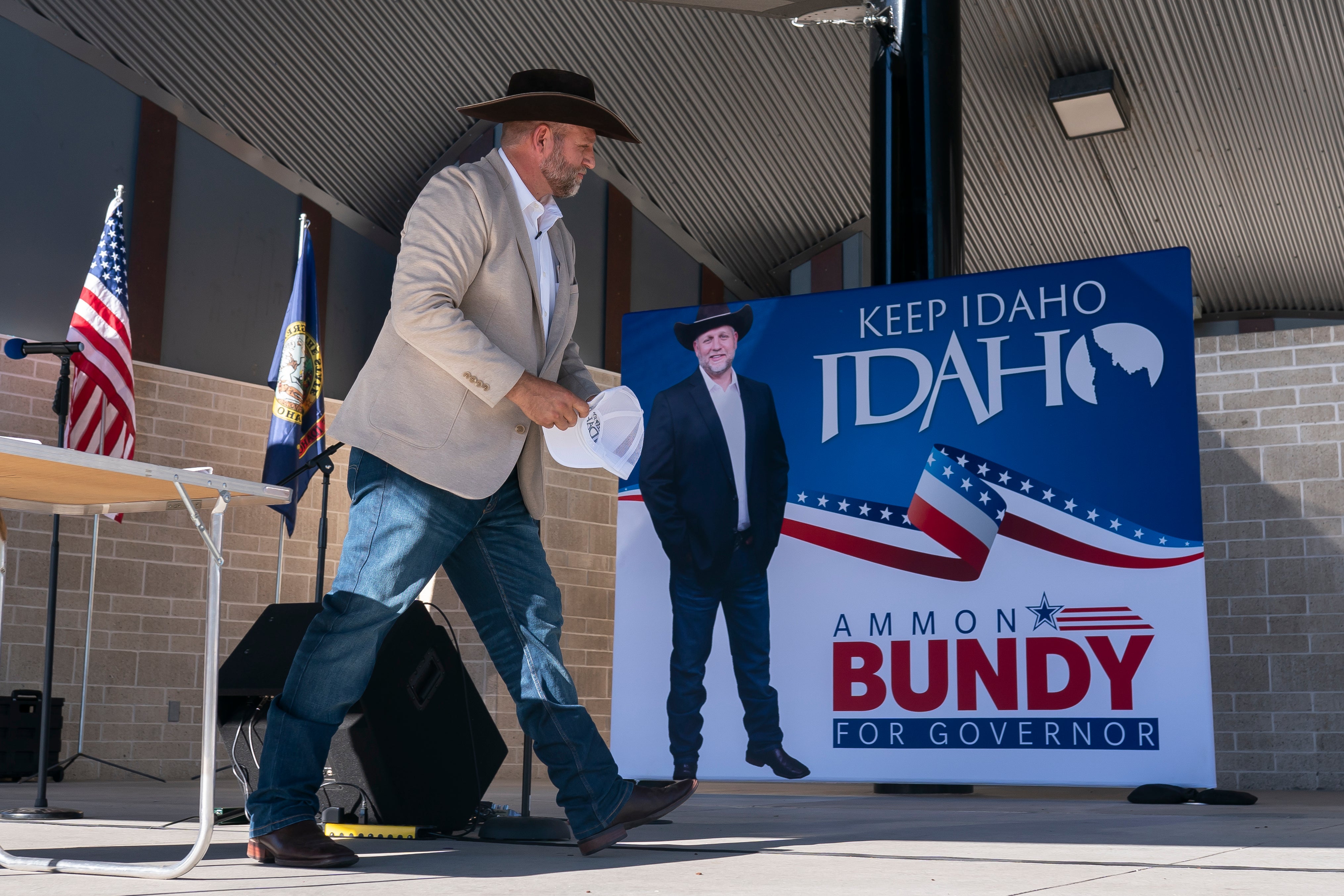
Even now, after leaving behind his old life and starting again in Utah, he is unrepentant.
“All I was doing is trying to protect and defend that family,” he says about the parents of Cyrus, the baby at the center of the case.
When asked if he accepts that people got hurt because of his actions, he gives some ground.
“Yeah, I mean, that’s going to happen,” he says. “The doctor who first saw baby Cyrus when they took him to Saint Luke’s Hospital — she’s a young doctor, she’s probably thinking she’s going to do the best she can. She probably loves kids, but she threatened CPS on this family that did nothing wrong,” Bundy says.
Baby Cyrus recovered from the illness that caused him to lose so much weight and is living with his parents in Florida.
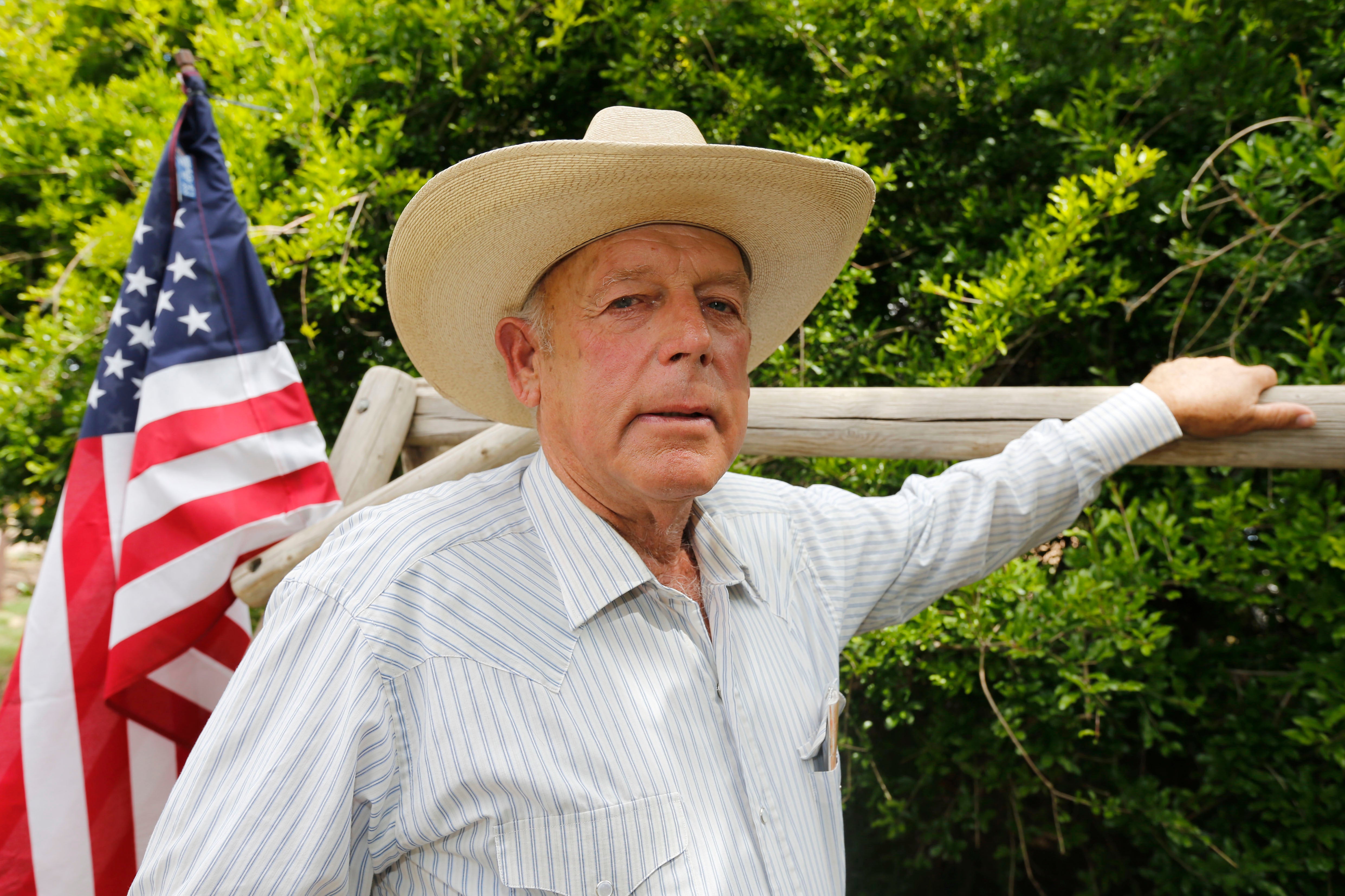
Bundy tries to weave a thread through all of his escapades, one in which he is a relentless defender against what he sees as the increasing reach of the government into people’s lives. In his eyes, the target of his fight with the hospital is not medical professionals trying to save the life of a baby who they believed was close to death, but the government.
“It’s about fascism, government and corporations coming together and restricting rights, infringing rights, and saying basically, we have a right to take your kid whenever we decide. And I fundamentally am against that, like in every way,” he says.
How Bundy’s third standoff ends is unclear. Attorneys for St Luke’s say they have been able to acquire $4m -$5m of his property and are continuing to go after more. Bundy has declared bankruptcy but attorneys for the hospital have accused him of hiding his assets.
“If Bundy wishes to obtain a fresh start, he must produce discovery to lay bare his long-obscured finances,” the attorneys wrote in a motion to the Utah Bankruptcy Court.
To extradite Bundy to Idaho on the contempt of court charges would require a decision from someone high up, likely an elected official, perhaps a prosecutor.
The Independent’s emails and calls to sheriff’s offices in Ada County, Idaho, and Cedar City, Utah, asking about the status of the warrant went unanswered.
“There’s things that could change — the warrant could get quashed — but if it doesn’t, then he’s going to get arrested,” Raney, the former sheriff of Ada County, says.
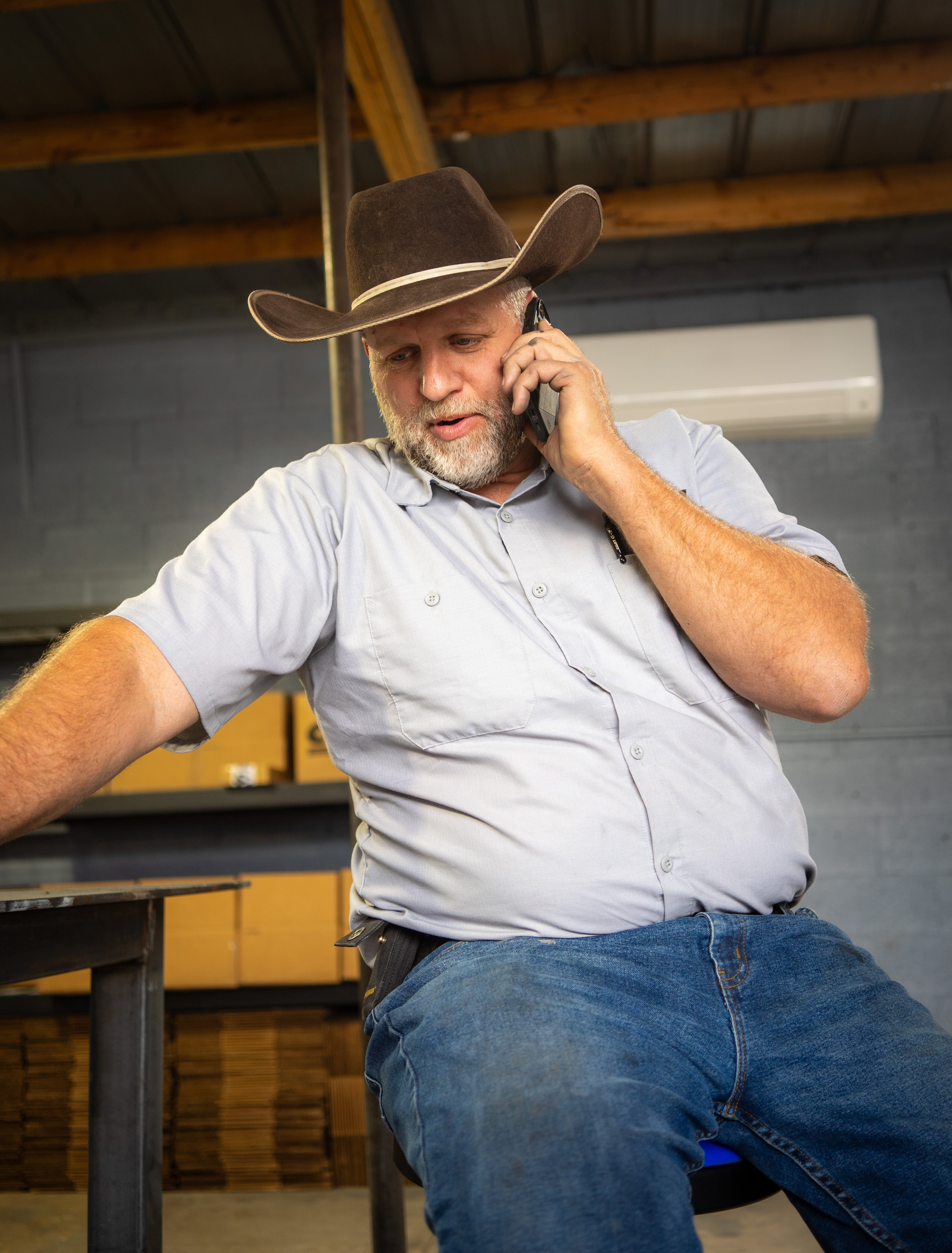
As for Bundy’s wish to be left alone in Utah, Raney has some pointed words.
“That’s been his line for a long time,” Raney says. “And my response to it is: so did that physician, so did that nurse, so did that child protective services worker, so did law enforcement. They just want to be left alone. He’s a hypocrite.”
Bundy talks proudly about how one of his sons will soon go on a mission for the Church of the Latter Day Saints, of which he is a member, a chance for his son to help others — as Bundy himself believes is his own destiny.
He tells a story about his time in jail, when he witnessed someone getting beaten up by several other prisoners and jumped up to help, to illustrate his point.
“I didn’t think about the ramifications of what they might do to me later. It was just an instinct. That’s how I was made,” he says.
“I’ve grown to recognize that I have this kind of innate nature to try to defend people that need help.”
For now, Bundy is resigned to watching over his shoulder. And his claim to want a peaceful life also comes with a veiled threat.
“I hope they don’t continue to pursue and to pursue and to pursue because I really don’t want to leave the United States,” Bundy says. “And I really don’t want to have to stop and make a stand.”
Join our commenting forum
Join thought-provoking conversations, follow other Independent readers and see their replies
Comments
Bookmark popover
Removed from bookmarks